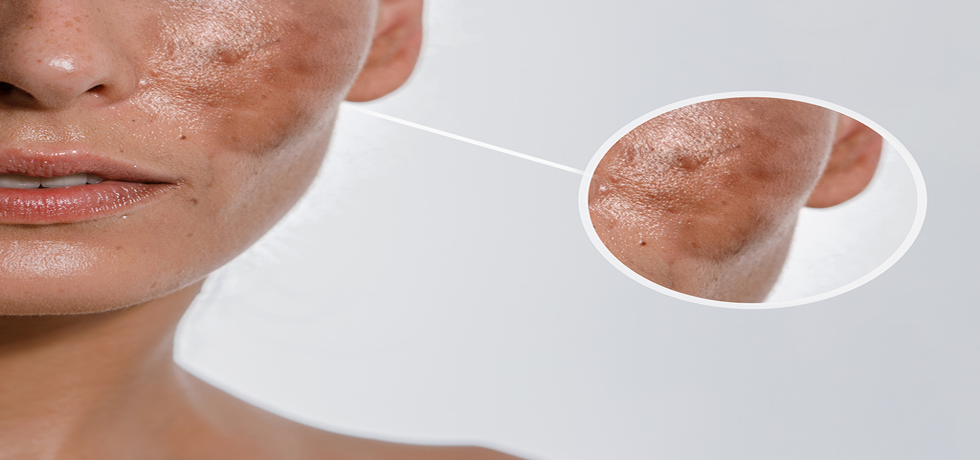
Understanding Acne Hyperpigmentation: Causes and Treatments
Introduction to Acne Hyperpigmentation
Acne can often feel like a battle; just when you think youve won and the breakouts have subsided, youre met with the unwelcome sight of dark spots left in their wake. This condition is known as acne hyperpigmentation. While it can be frustrating, it’s essential to understand what causes these spots and how you can effectively treat them to restore your skins natural glow.
What is Acne Hyperpigmentation?
Acne hyperpigmentation refers to the dark spots that persist on your skin after the acne has healed. These spots are a result of post-inflammatory hyperpigmentation, which occurs when the skin experiences inflammation due to acne or other skin conditions, like dermatitis or eczema. It is particularly common among individuals with darker skin tones, as the pigment-producing cells known as melanocytes can overreact to inflammation, leading to an increase in melanin production.
Common Causes of Acne Hyperpigmentation
The primary cause of acne hyperpigmentation is prolonged inflammation. When your skin is inflamed, especially after a breakout, the damage can lead to an increase in pigment production as the skin attempts to heal itself. Furthermore, external factors like sun exposure can exacerbate the discoloration, making dark spots appear even more pronounced. Other potential contributors include hormonal imbalances, which are particularly common among women due to lifestyle changes or genetic predisposition.
How to Treat Acne Hyperpigmentation?
Treating acne hyperpigmentation involves a dual approach: preventing further breakouts and addressing the existing pigmentation. Firstly, using research-backed acne treatments can prevent further instances, which may include specific face washes and topical medications. Additionally, incorporating products that promote skin renewal, such as those with vitamin C or glycolic acid, can aid in the fading of dark spots. Always remember to wear non-comedogenic sunscreen when heading outdoors; UV exposure can not only darken existing spots but also lead to new pigmentation.
When to Consult a Dermatologist
While mild cases of hyperpigmentation may fade over time, more severe cases might require professional intervention. Consulting with a dermatologist is key to determining the best treatment plan tailored to your skin type and concerns. Treatment options may range from topical prescriptions to more advanced procedures, like chemical peels or laser therapy.
Final Thoughts
Healing from acne is a journey, and understanding acne hyperpigmentation is an important step toward achieving clear skin. By taking preventative measures, utilizing effective treatments, and being patient, you can significantly reduce the appearance of dark spots. Remember, if in doubt, your dermatologist can offer the most suitable options to manage and treat your skin concerns effectively.
FAQs
Q1: Can hyperpigmentation fade on its own?
A1: Yes, mild cases can fade naturally over time, but severe cases may need treatment.
A1: Yes, mild cases can fade naturally over time, but severe cases may need treatment.
Q2: Is sunscreen necessary for hyperpigmentation?
A2: Absolutely! Sunscreen protects your skin from UV exposure, which can worsen hyperpigmentation.
For professional assistance and expert advice from leading dermatologists like Dr. Hital Patel, experience the benefits of Understanding Acne Hyperpigmentation: Causes and Treatments with Hair & Skin Specialist Dr. Hital Patel at The Skin Artistry. Our clinics in PDPU Gandhinagar, Vastrapur Ahmedabad, and Hyderabad (Visiting Consultant) offer top-quality care and personalized treatments. Visit us today to learn more about our services and take advantage of our special offers! For more insights, updates, or to collaborate, stay connected with The Skin Artistry.

